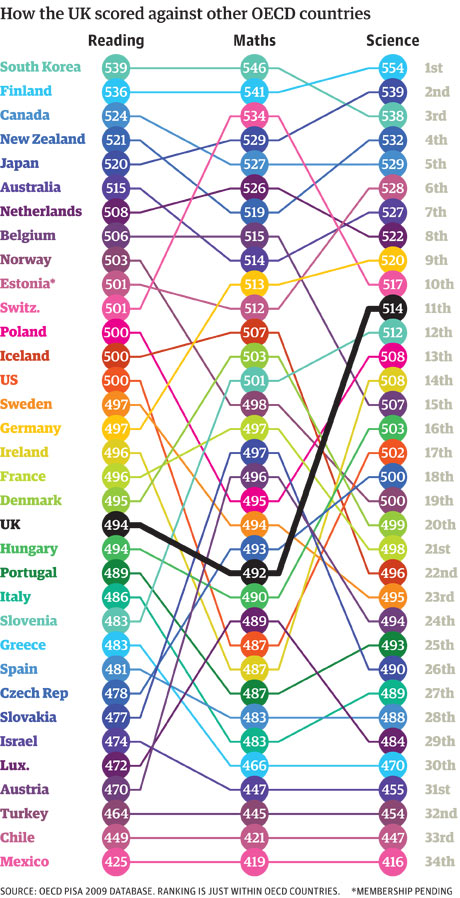I came out of business in 2003 to become a teacher in 2004. I walked out of being IT support in an increasingly mobile office that had converted from desktops to laptops in ’02-’03 and was starting to integrate the new Blackberry/smartphone trend.
I walked into a series of schools with centrally administrated desktops modeled on a working environment I hadn’t seen since the nineties. Workplaces evolve very quickly – mainly because of competitive pressure and a dictatorial approach to work (this is faster, adapt to it, I don’t care about your opinion or habitual usage; if you don’t like it, quit). It’s a harsh environment, and not always a productive one, but it is more willing to experiment and evolve.
I’ve always struggled with what I know to be current trends outside of school and what I’m seeing in school. If preparing students for the world they’re walking into is one of our primary goals, educational techno-phobia and fear mongering Board IT myopia isn’t getting us any closer to it.
***
 |
| Come into my office! Could this be how we interact with colleagues in the future? |
I’m still developing my talk for ECOO. This always happens. I have an idea I want to go with, then feel the need to make it feel as speculatively plausible as possible. I end up radically retooling it before I go. I like to get up there and see what I’m going to say, it’s often a nice surprise.
When I begin my presentation I want my mind-space familiar with current technology and trends. This article helps cast a net over what might be coming.
Future workplace trends wouldn’t be a bad place for high schools to start developing meaningful curriculum around technological familiarity. If giving students an idea of what environment they’re going to be working in when they graduate is one of our goals, we ought to be seeing where industry speculation is going. Soon enough our students will be out of our classrooms where we do everything we can to discourage technological adaptation and into employment that will discard them if they don’t quickly adapt to new technologies.
***
| Tech Cloud Brainstorming |
I started with the Mini-lab idea for my ECOO talk. I’m still working along those lines, but the idea of a personal tech cloud seems like it will become even more integral to how we work with technology in the future. From desktop adoption to laptops to smartphones, miniaturization is apparent, as is personalization. Digital technology seems intent on integrating itself with us in the most intimate ways possible – which seems obvious as it is trying to interface with our most personal, mental selves.
I’ve said before, we live in a time of unprecedented technological growth, even the industrial revolution pales in comparison as a means of changing how humans live on this planet. How we integrate technology into our lives will be key to us dealing with the population and resource challenges we face in the future.
Our technology continues to find ways to connect and amplify us. Hand tools made our hands more capable, mechanization allowed dominion over our physical environments by reducing the need for repetitive work, and now our technology is creeping into our minds, offering us better memory recall, improving our senses, helping make our discoveries accessible and meaningful in ways we might not have otherwise seen.
One goal of my ECOO talk is to imagine a future classroom and what steps we might take to get there. The idea of ubiquitous computing, technology that subtly permeates and enhances our thinking, and what an education in this world looks like is frightening, fascinating and challenging… just what I’d hoped the future would be.









